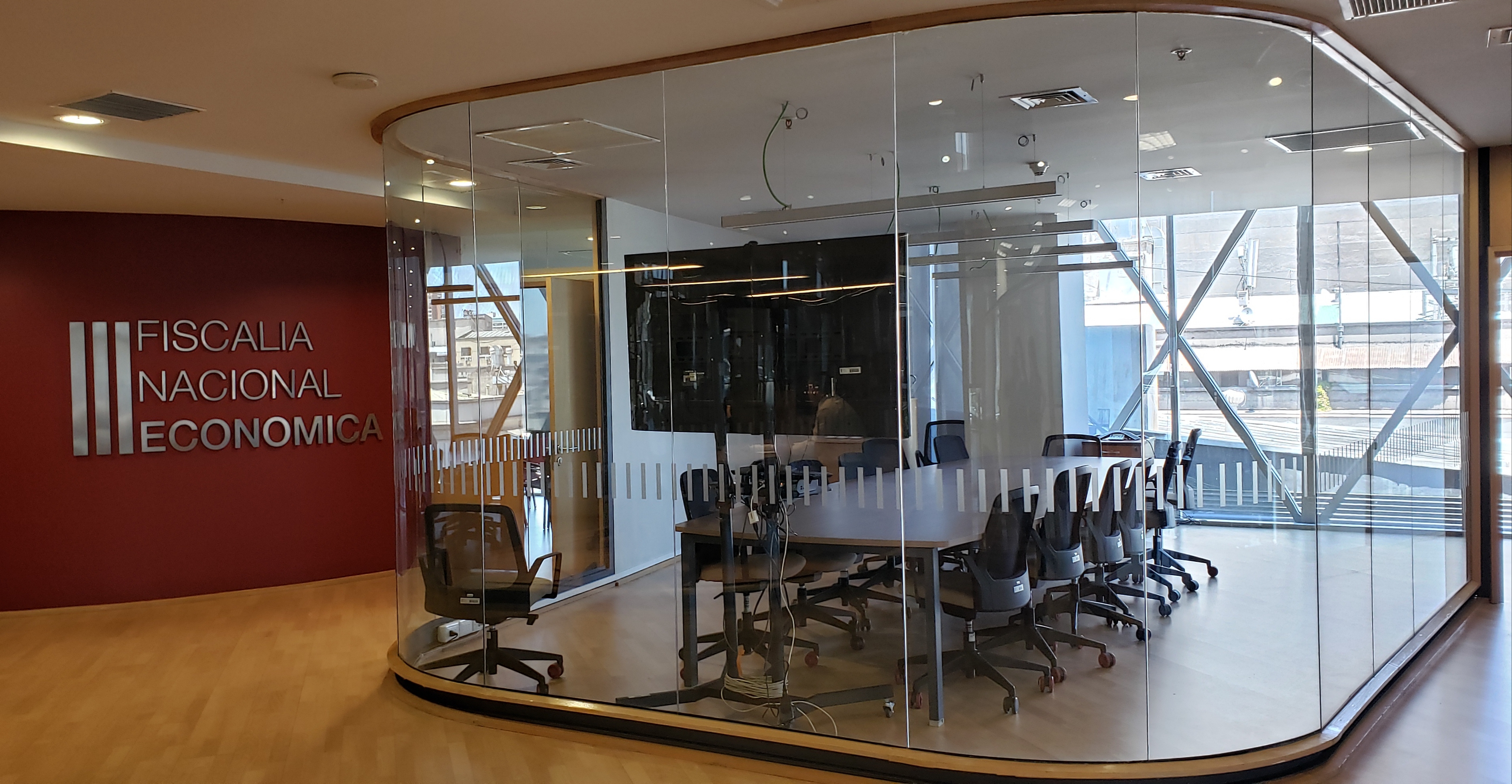¿qué estás buscando?

The Chilean National Economic Prosecutor’s Office (FNE) filed lawsuits for the creation of illegal interlocking directorates against Hernán Büchi, Juan Hurtado, Banco de Chile, Consorcio, Falabella and Larraín Vial

The FNE filed for the first time lawsuits for infringements of the horizontal interlocking prohibition established in Decree Law No. 211 of 1973 (DL 211), that is, the simultaneous involvement of a same director or relevant executive in two or more competing companies. These lawsuits were brought before the Competition Tribunal (Tribunal de Defensa de la Libre Competencia – TDLC) against two individuals and four companies.
One of the lawsuits is directed against Banco de Chile, Consorcio Financiero, Falabella and Hernán Büchi Buc. Hernán Buchi simultaneously held the position of director and/or relevant executive of the aforementioned companies, which compete against each other in the supply of banking and insurance products and services (in the case of Banco de Chile, Consorcio y Falabella) as well as the supply of stock broker services (in the case of Banco de Chile y Consorcio).
The simultaneous involvement of Hernán Büchi in these companies began before the entry into force of the prohibition (February 2017), it was maintained during the legal transitory period provided for ceasing interlockings and it continues until today.
The FNE requested the imposition of a fine amounting more than US$ 420,000 regarding Mr. Büchi and more than US$ 3 million for each company. Additionally, it requested the TDLC to order the defendants to cease the interlocking and to adopt all the necessary measures to avoid any use of sensitive information -obtained by Hernán Büchi as director in Banco de Chile, Consorcio Financiero y Falabella- in any of the other competing companies.
The second lawsuit is directed against Consorcio Financiero, Larraín Vial and Juan José Hurtado Vicuña. Juan José Hurtado was simultaneously director in the aforementioned companies, which compete against each other in the supply of stock broker services.
This illegal act also began before the entry into force of the prohibition and was maintained during the legal transitory period provided for ceasing interlockings. However, unlike the first case, the accused behaviour ceased in April 2019, when Mr. Hurtado resigned from Larraín Vial’s board.
In this case the FNE requested the imposition of a fine of more than US$ 190,000 for Mr. Hurtado, as well as fines amounting about US$ 1.5 million for Consorcio and US$ 2.2 million for Larraín Vial.
Felipe Cerda, Deputy National Economic Prosecutor, expressed: “These two first lawsuits for interlocking show the variety of actions of the Chilean Agency, which are framed within our firm determination of prosecuting every conduct that poses a risk for competition, beyond cartels and abuses of dominance”.
What is interlocking and why is it prohibited?
Horizontal interlocking is a conduct prohibited by article 3 d) of DL 211, the Chilean competition act. It consists in the simultaneous involvement of a same person as a director or relevant executive in competing companies which have sales higher than US$ 3,7 million (100.000 Unidades de Fomento) in the previous year.
Under Chilean law, the mere existence of simultaneous participation in competing companies constitutes an infringement of the horizontal interlocking prohibition, without the need to prove anticompetitive effects, such as price increases, output reduction, diminishing of quality or innovation.
The reason behind this absolute prohibition is the threat for competition that interlocking entails. This conduct produces two kinds of risks: firstly, it can facilitate collusions and, secondly, even without an explicit anticompetitive agreement, interlocking reduces the independence of market players, which lessens competition.











